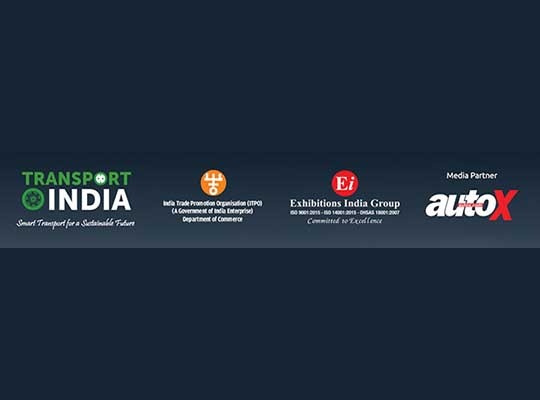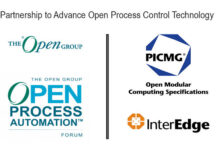- India has the potential to become one of the largest electric vehicle (EV) markets in the world
- Indian government continues to push for EV adoption to promote sustainability, combat pollution and cut down dependence on import-dependent fossil fuels
- India will become the number one manufacturing hub for electric two-wheelers, cars & busses
New Delhi, 20 June 2020: India Trade Promotion Organisation and Exhibitions India Group hosted a webinar on ‘India’s Electric Vehicle Roadmap Post Covid-19,’ with Hon’ble Minister of Road Transport and Highways, and MSME, Shri Nitin Gadkari delivering the opening address. Presented by Transport India expo and autoX, the e-deliberations comprised a panel discussion with senior policy makers and industry experts on how the pandemic has highlighted the need for the auto industry to shift to electric mobility, and the way forward during and after the pandemic.
Shri Nitin Gadkari in his opening remarks said, “Air pollution has majorly impacted Indian health. This, combined with the need to reduce our import burden of traditional fuels, with the help of our brilliant researchers & scholars coming up with indigenous solutions, is propelling eco-friendly mobility in the country. India will become the number one manufacturing hub for electric two-wheelers, cars and busses. Furthermore, we want to conduct a pilot project to set up an electric highway on the Delhi-Mumbai express highway. We feel there is huge potential in this, and discussions are underway.”
Responding to a question from the Moderator, Mr. Dhruv Behl, Editor, autoX, “For India to become an EV leader in the future, how can we ensure our self-reliance in terms of the supply chain, since China has controls the majority of the raw materials,” Shri Nitin Gadkari stated, “It’s an important issue, and Indian scholars and scientists must come up with ways to become aatmanirbhar (self-reliant) in the supply chain. My suggestion is for us to find good alternatives for imports, including for batteries, storage and other tech solutions. The government will provide impetus, but it’s time for the industry to start investing in R&D in order to upgrade existing technologies to emerge a market leader.”
Some important takeaways from the esteemed panel include:
Mr. Anil Srivastava, IAS, Principal Consultant and Mission Director, NITI Aayog is optimistic: “Before COVID-19, the industry was talking about disruptions due to solar energy and autonomous vehicles, and we must continue to think of these issues. We have to work towards reducing imports, and focus on local value-adds when we determine the long-term roadmap for EVs. Most recent reports indicate that the relative impact of the pandemic on EVs will be less, and there will be growth in this sector.”
Mr. Chetan Maini, Co-founder and Vice Chairman, SUN Mobility “If the industry comes together, we can bring real horsepower to the area of EVs. We have recently partnered with LSC to train people to build smaller EVs for logistics deliveries. It’s important not just for the big companies to adopt new technologies, but also for it to trickle down to smaller entities. Whilst the government has been formulating favourable policies, it’s crucial that the subsidies given are technology-agnostic.”
Mr. Naveen Munjal, Managing Director, HERO ELECTRIC VEHICLES PVT LTD made some astute observations about the EV landscape in India. “Indian roads have many more two-wheelers, and 90% of the EV market in India is that of low-cost transport – mostly as a substitute for public transport. If we localise production, the costs involved go up by 30%, given the small size of the market. The government could offer assistance here by tweaking policy, and perhaps revisiting FAME I.”
Mr. Mahesh Babu, MD & CEO, Mahindra Electric Mobility Limited made some valuable suggestions: “The government has been highly supportive of the Indian EV industry. For an aatmanirbhar Bharat, we are currently focussing more on lithium-ion batteries, meaning we import other raw materials. However, there is no import duty on purchase of say, a motor-controller, but 12% duty levied on importing raw materials, which deters the cause of Make in India. Also, perhaps the government could provide impetus to R&D by bringing back the income tax exemption – which is being taken away – to motivate the industry to innovate.”
Mr. Nishant Arya, Executive Director, JBM Group “We want to thank the government for their continued support for the electric vehicles industry. The largest allocation under FAME II has been to EV buses, and that should help automakers.”
You may view the webinar recording here: https://youtu.be/VDligxbRxDY
For more, please visit: https://www.smartcitiesindia.com















